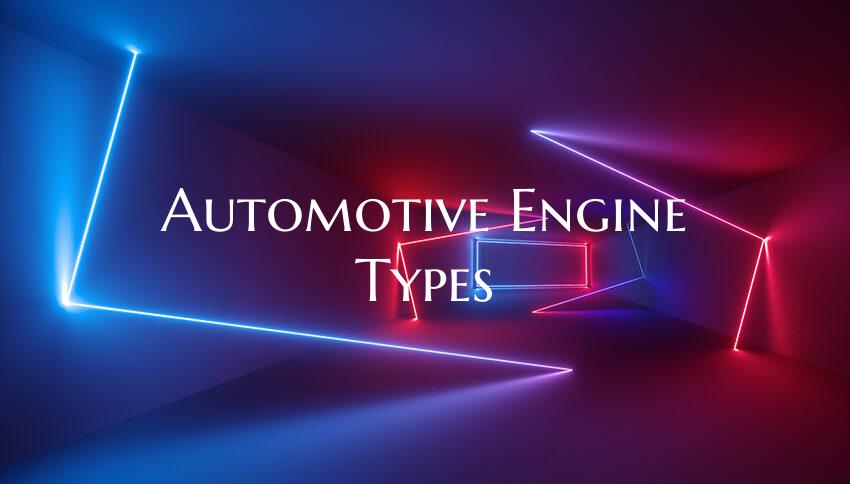Automotive Engine Types
Automotive Engine Types
Automotive engines come in various types, each with its own unique characteristics and applications. Understanding the different engine types can help drivers make informed decisions when it comes to choosing a vehicle that suits their needs and preferences. Here are some common automotive engine types:
1. Inline Engines: Inline engines, also known as straight engines, feature cylinders lined up in a single row. This design allows for a more compact engine layout and is commonly found in smaller vehicles due to its simplicity and efficiency.
2. V-Type Engines: V-type engines have cylinders arranged in a V-shape configuration, with varying angles such as V6 and V8 engines being popular choices. These engines provide a good balance between power and size, making them suitable for a wide range of vehicles from sedans to trucks.
3. Boxer Engines: Boxer engines, also known as flat engines, have horizontally opposed cylinders that give them a low center of gravity. This design enhances vehicle stability and handling, making boxer engines a preferred choice for sports cars like the Porsche 911.
4. Rotary Engines: Rotary engines, also called Wankel engines, feature a unique rotor design instead of traditional pistons and cylinders. These engines are known for their high-revving capabilities and compact size, making them ideal for lightweight and performance-oriented vehicles like the Mazda RX-7.
5. Hybrid Engines: Hybrid engines combine different power sources, typically a gasoline engine and an electric motor, to improve fuel efficiency and reduce emissions. Hybrid engines are becoming increasingly popular as automakers strive to develop more environmentally friendly vehicles.
6. Electric Engines: Electric engines use electric motors powered by batteries to drive the vehicle. Electric vehicles (EVs) are gaining traction in the automotive industry due to their zero emissions and lower operating costs compared to traditional internal combustion engines.
7. Diesel Engines: Diesel engines operate by compressing air and fuel in the combustion chamber, resulting in high torque output and better fuel efficiency than gasoline engines. Diesel engines are commonly used in trucks and heavy-duty vehicles due to their ability to haul heavy loads over long distances.
In conclusion, automotive engine types vary in design, performance, and fuel efficiency, offering drivers a wide range of options to choose from. Whether you prioritize power, fuel economy, or environmental impact, there is an engine type suited to your needs in today's diverse automotive market.

